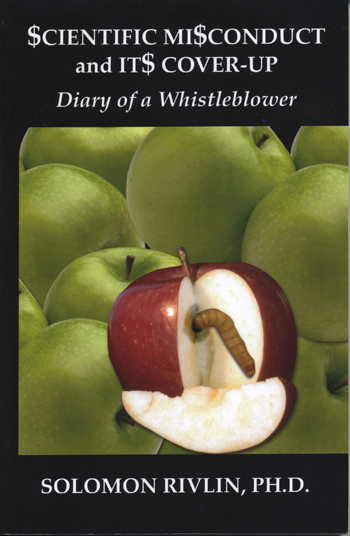Friday, my better half was preparing to cross the international dateline for a week-long business trip and my parents were getting ready to board a plane for a week-long visit at Casa Free-Ride. As I contemplated the prospect of digging out our guest room (known in these parts as “the place clean clothes go to wrinkle”) it became clear to me that the chances of my finishing writing (and preparing overheads for) the two presentations I will be giving at the conference that starts the day after my parents depart before my parents’ arrival were nil. Of course, this means that I will not be kicking back for a relaxing week with my parents and my children, but will instead be trying to cram Scholarly Work into the interstices.
So, when Zuska said, “Hey, you should write a post about balance for the upcoming Scientiae Carnival!” how could I refuse?

 I recently read a book by regular
I recently read a book by regular